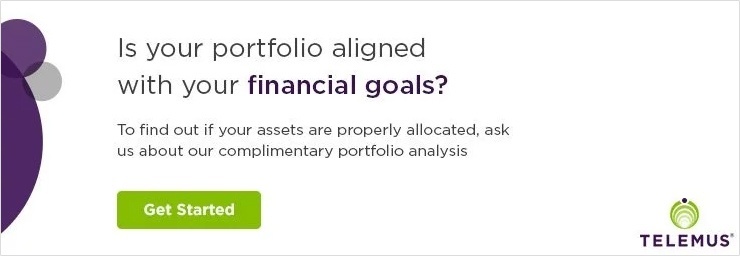Why You need a death folder...and what it must contain
Death is not an easy subject to discuss, and planning for your own departure is, at best, uncomfortable.
As a responsible parent and spouse though, you should create a place where your family can access important documents and information after you pass.
Some call it a “death folder.” This folder holds the information your family needs in the event of your death; everything from key financial documents to the last will and testament.
As I write today, I have a front row seat to watching my best friend unravel the electronic financial foot print of her recently deceased father. Let me tell you, it is painful to watch. Although he had some recent health issues, his passing was both a shock, yet not altogether unexpected.
Well, you might ask, was there a “death folder” revealing a list of service providers along with user ID’s and passwords? Yes, but it was largely incomplete and some of the information had become obsolete or was no longer accurate.
As we shift to an increasingly digital world, the next question might be, is it possible to store all of this information in an organized fashion on your desktop PC/ laptop? Again, yes. Unfortunately for my friend, there wasn’t a family member who knew the sign-on credentials to gain access to his laptop; the only option was to take the computer to the nearest Apple Store in hopes of gaining entry. It was there that they were informed that the company could not assist in getting into a locked computer for security reasons. They could, however, reset it to factory default settings and essentially wipe it clean as if it were brand new.
We are all guilty of adding a service without documenting instructions to unwind the service agreement. We all want to simplify our life by agreeing to ACH or auto-pay, which will directly withdraw funds from our checking account or credit card on a monthly basis. The last thing we want to do is spend additional time updating our growing list of logins/passwords and adding names to the account. We procrastinate, for example, because the act of creating an automatic bill pay and paperless billing for an auto loan, which is under our name, seems too little to matter and easy to correct later on.
This is not the case.
Some bills will need approval before being paid, whereas some are automatically scheduled on a specific day. Auto bill pay, just like the due date on any bill, will vary based on the account – your electricity bill may be due the 1st of every month, whereas your credit card may be due on the 14th. If you’re not around to approve the payment then it’s your family members who are left to deal with the consequences.
Countless messages on the dearly departed individual’s email account contain alerts that bills are due, yet the family members have no way to pay them. To make matters worse, the family may begin receiving calls from credit-collectors for those bills that are past due.
Typically, a couple may have many credit cards which are issued under one Social Security number—the working spouse. The non-working spouse may lack a credit history with the credit rating agencies and, consequently, when the credit card company is informed that the working spouse has passed away, the surviving spouse will have to go through the credit process as if he or she were a brand new customer.
Ensuring your family members have access to credit card information will allow them to discover all the services you signed up for and are paying for consistently, in my friend’s case, it included Angie’s List, The Wall Street Journal, Netflix, PayPal, iCloud storage, to name a few. Some payments are month-to-month services and others are signed contracts. It is difficult and time consuming to discover the difference and cancel or transfer ownership.
Don’t wait to start creating and maintaining a list of key accounts that normally would need your attention. If you can add a spouse or a family member as an account holder, do so immediately and make sure they know they have been added to the account and how to access it.
There are many proactive steps you can take now to minimize the frustrations that may follow a death – whether expected or not.
- Financial – List all your accounts and their locations. You can also simplify your accounts by consolidating them at one institution. When possible, update or add beneficiaries to ensure the proper dispensation of your money.
- Plan Your Funeral – Nothing sounds more morbid than planning your own funeral, however, at the time in which your family would be grieving, saving them from making difficult choices would be thoughtful and appreciated.
- Create a Comprehensive Digital Document – This will include every account you have from your social media login and passwords to your banking information. If you’re storing this on your computer, it is imperative to have a physical copy of your computer password written down.
- Name Others on Key Accounts – This ensures your family can make mortgage payments, pay any bills, and cancel or transfer any services.
One of the most thoughtful things you can do for your loved ones is to prepare for the unexpected, get extremely organized and communicate vital information to a family member(s).

Charlene joined the Telemus Team when Telemus acquired Beacon Asset Management in 2006. As a Senior Financial Life Advisor, Charlene works collaboratively with her clientele to create a risk-appropriate investment strategy and financial plan to support their current needs and future investment goals.










